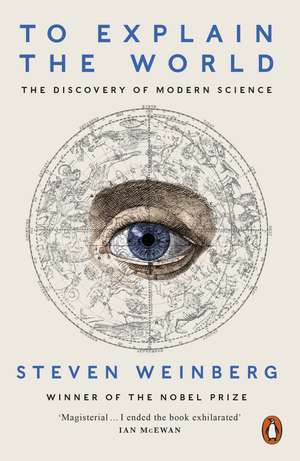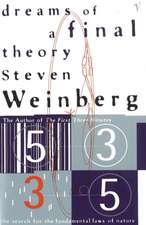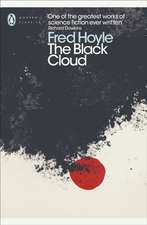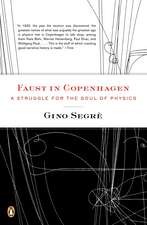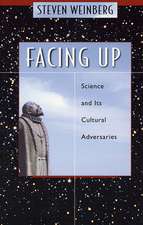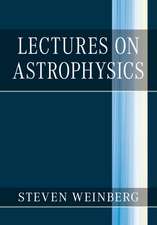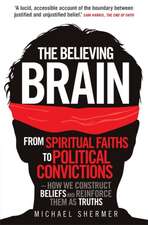To Explain the World: The Discovery of Modern Science
Autor Steven Weinbergen Limba Engleză Paperback – 31 ian 2016
In To Explain the World, pre-eminent theoretical physicist Steven Weinberg offers a rich and irreverent history of science from a unique perspective - that of a scientist. Moving from ancient Miletus to medieval Baghdad to Oxford, and from the Museum of Alexandria to the Royal Society of London, he shows that the scientists of the past not only did not understand what we understand about the world - they did not understand what there is to understand. Yet eventually, through the struggle to solve such mysteries as the backward movement of the planets and the rise and fall of tides, the modern discipline of science emerged.
| Toate formatele și edițiile | Preț | Express |
|---|---|---|
| Paperback (2) | 60.13 lei 21-33 zile | +23.78 lei 6-12 zile |
| Penguin Books – 31 ian 2016 | 60.13 lei 21-33 zile | +23.78 lei 6-12 zile |
| HarperCollins Publishers – 8 feb 2016 | 105.48 lei 3-5 săpt. |
Preț: 60.13 lei
Preț vechi: 70.74 lei
-15% Nou
11.51€ • 12.01$ • 9.52£
Carte disponibilă
Livrare economică 14-26 martie
Livrare express 27 februarie-05 martie pentru 33.77 lei
Specificații
ISBN-10: 0141980877
Pagini: 432
Dimensiuni: 129 x 198 x 24 mm
Greutate: 0.32 kg
Editura: Penguin Books
Colecția Penguin
Locul publicării:London, United Kingdom
Notă biografică
Steven Weinberg
Textul de pe ultima copertă
“Refreshing and well-written . . . tells a rich, meaningful tale about the emergence of science.”—New York Times Book Review
“A masterful journey through humankind’s scientific coming-of-age . . . a delightful celebration of our passionate drive for understanding.”—Brian Greene
In this rich, irreverent, and compelling history, Nobel Prize–winning physicist Steven Weinberg takes us across centuries, from ancient Miletus to medieval Baghdad and Oxford, from Plato’s Academy and the Museum of Alexandria to the cathedral school of Chartres and the Royal Society of London. He shows that the scientists of ancient and medieval times not only did not understand what we now know about the world but also did not understand what there is to understand, nor how to understand it.
Yet over the centuries, through the struggle to solve such mysteries as the curious backward movement of the planets or the rise and fall of the tides, the modern discipline of science eventually emerged. Along the way, Weinberg examines historic clashes and collaborations between science and the competing spheres of religion, technology, poetry, mathematics, and philosophy.
To Explain the World is an illuminating exploration of how we have come to consider and analyze the world around us.
“A thoughtful history.”—The New Yorker
